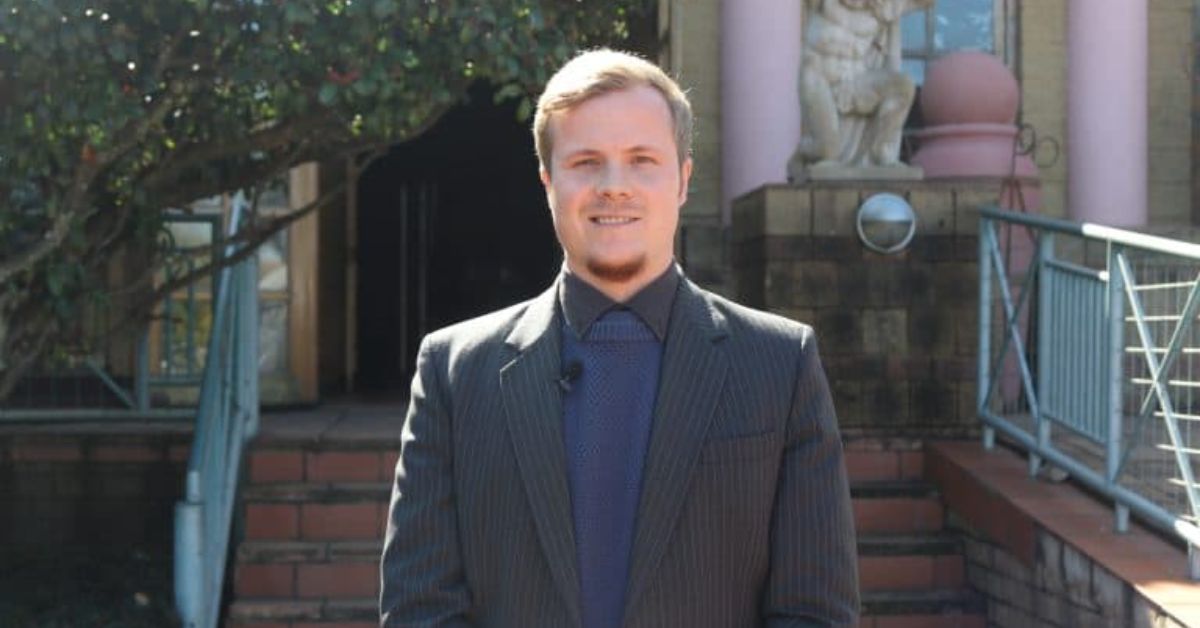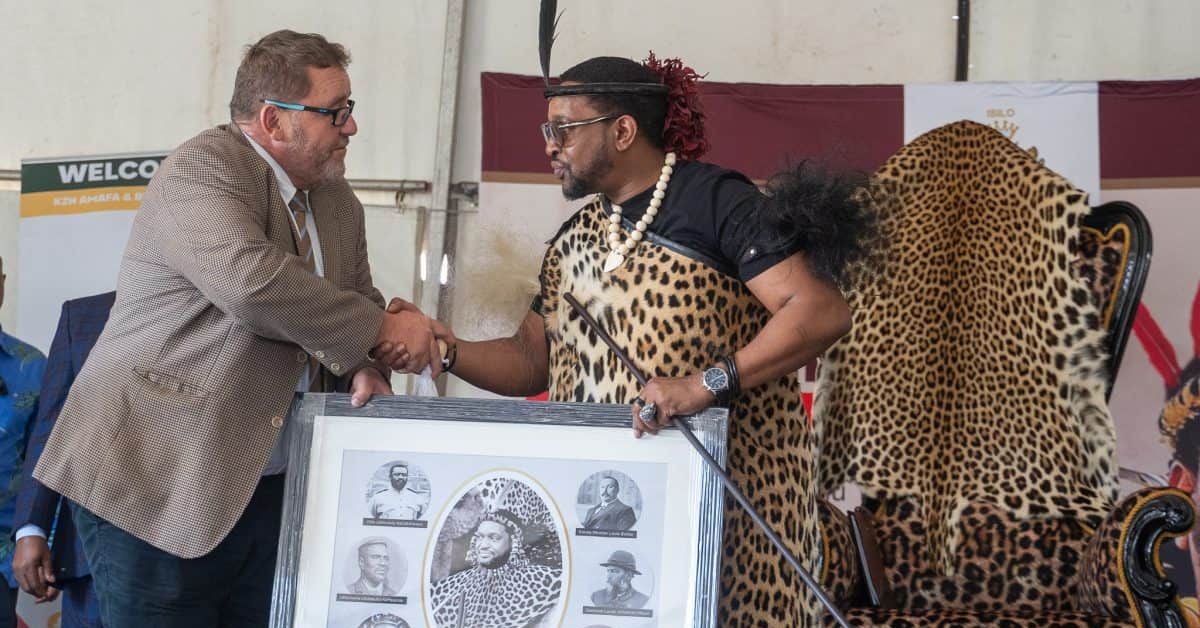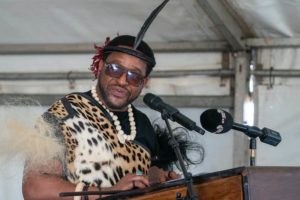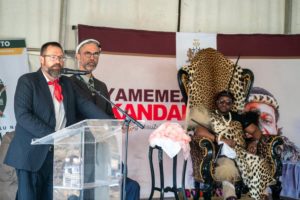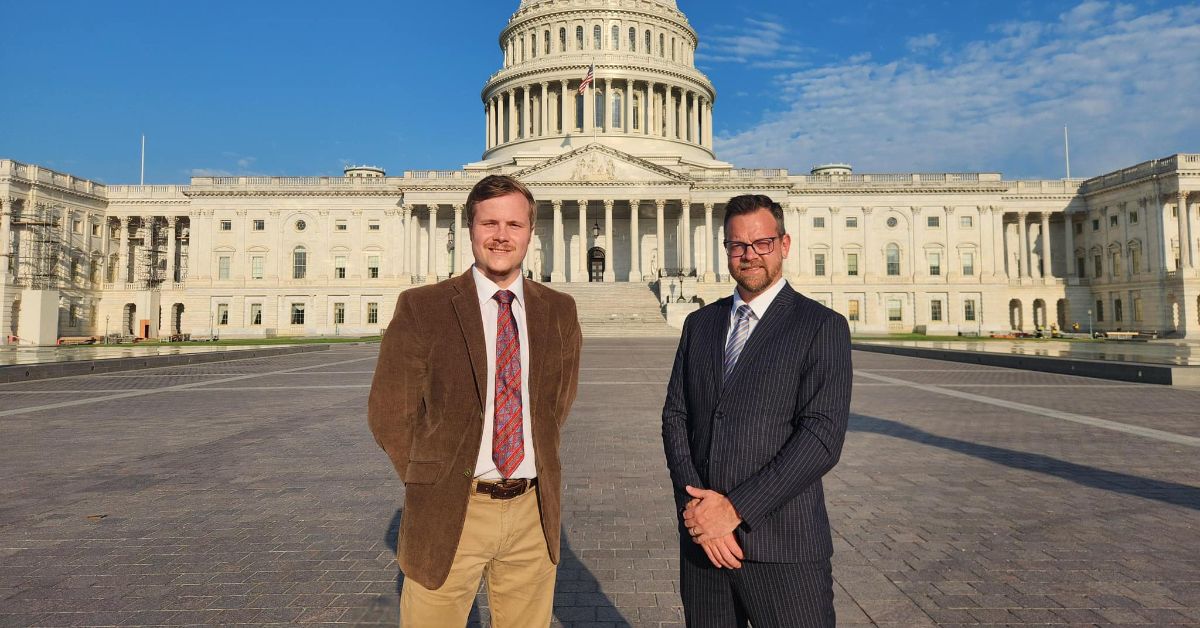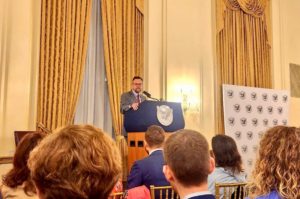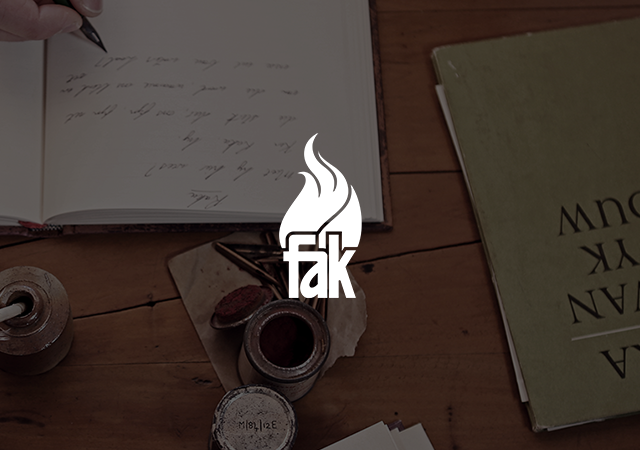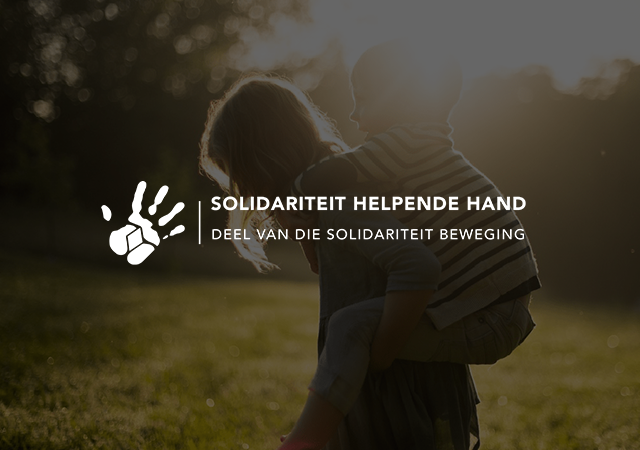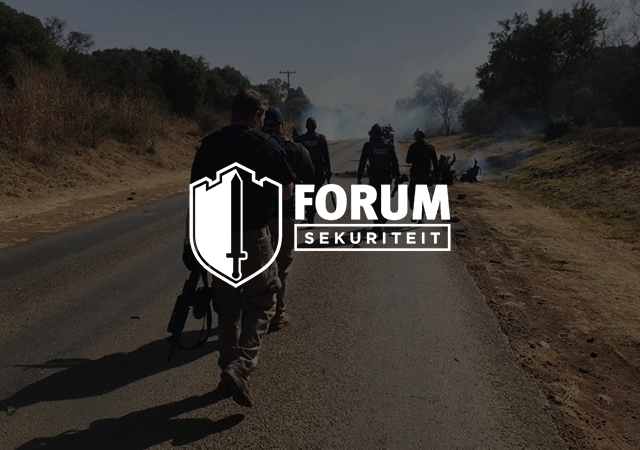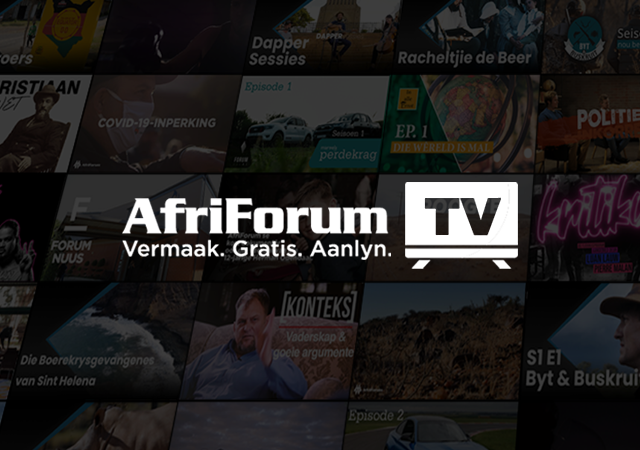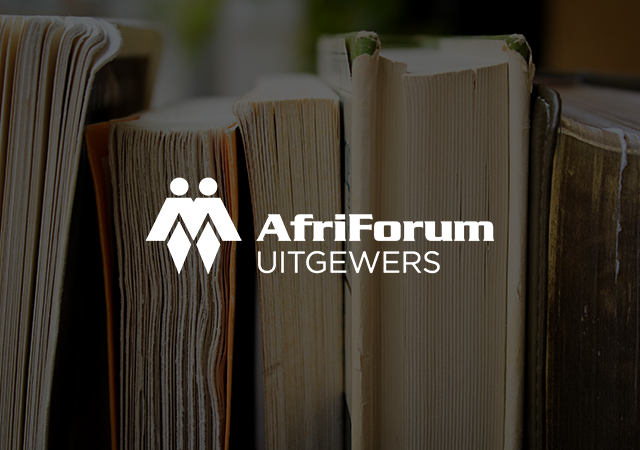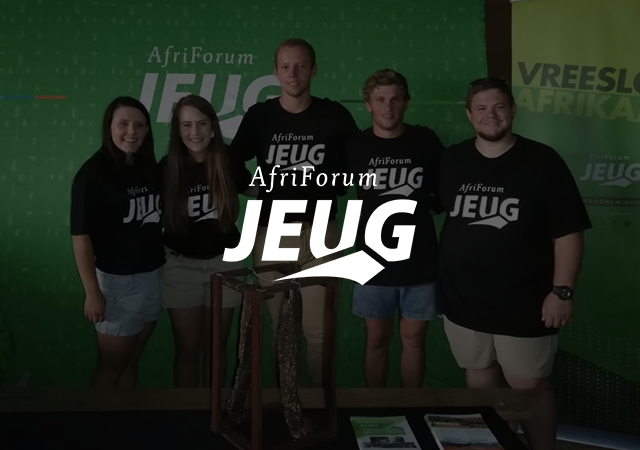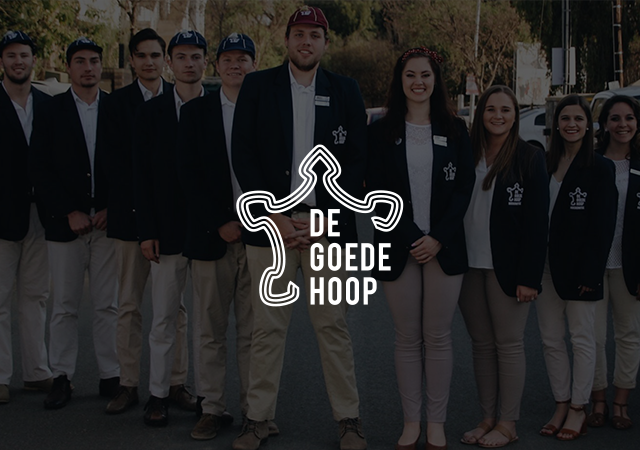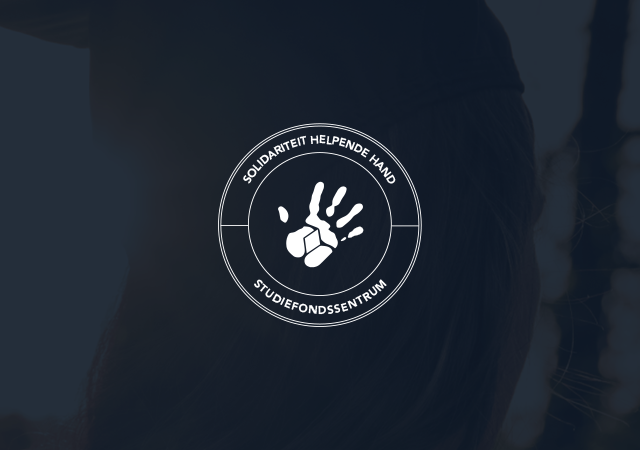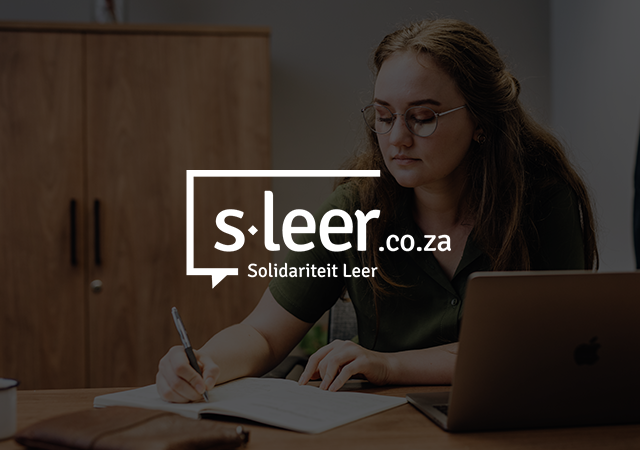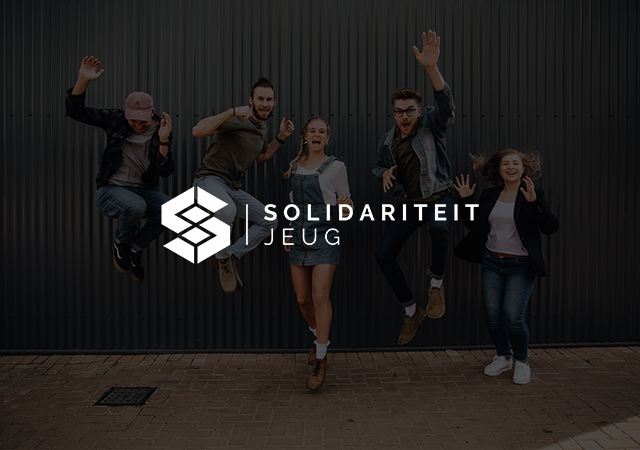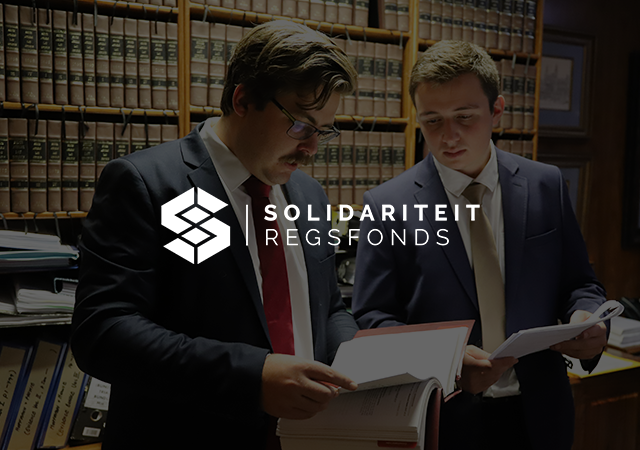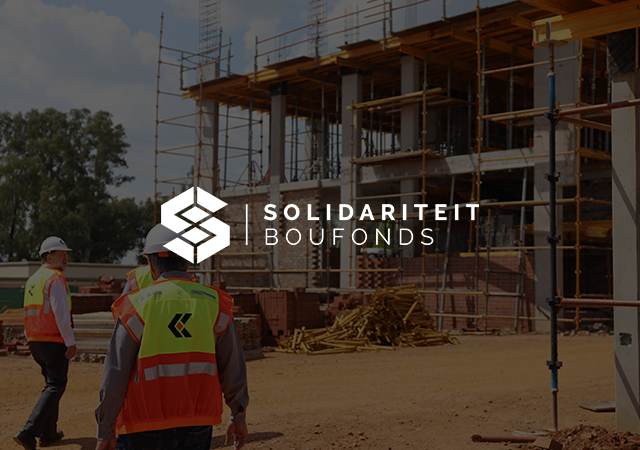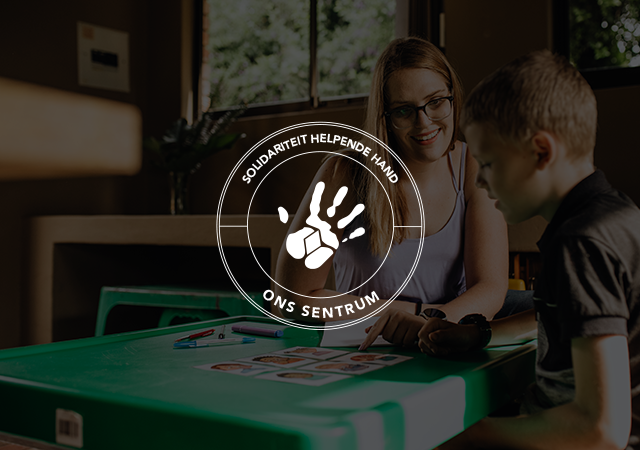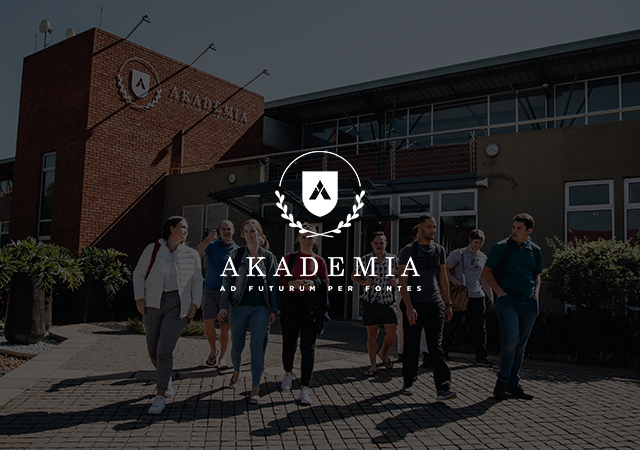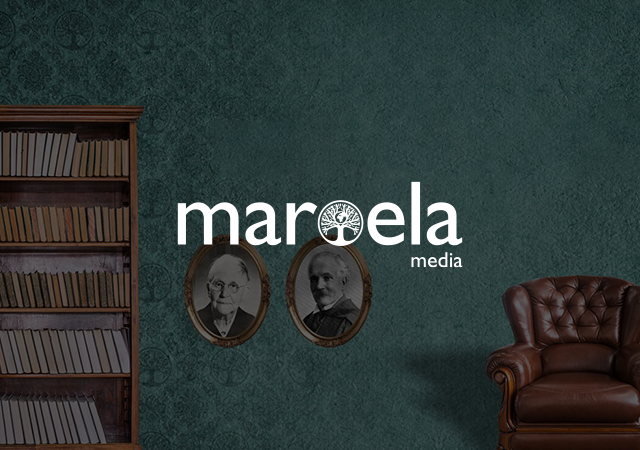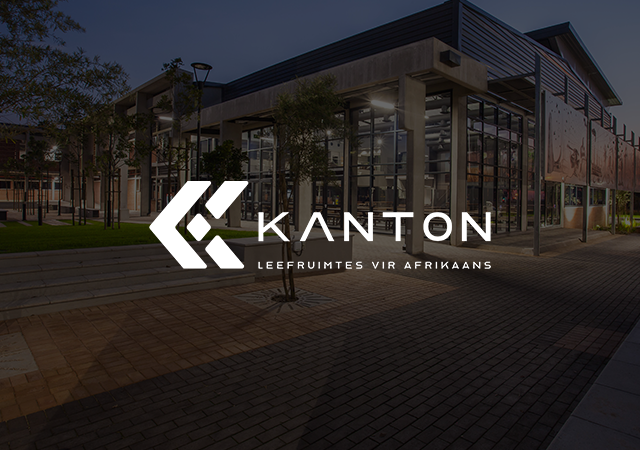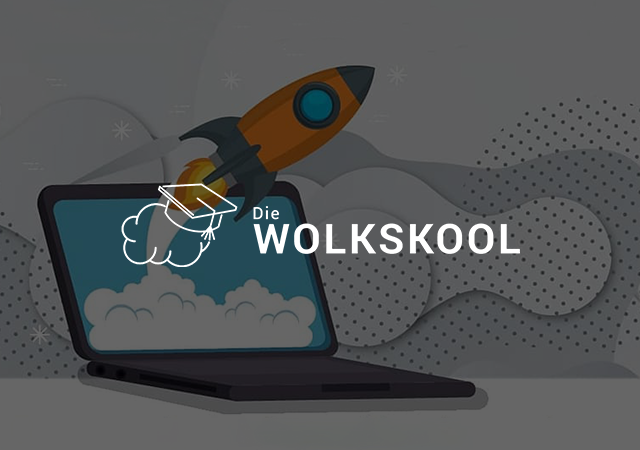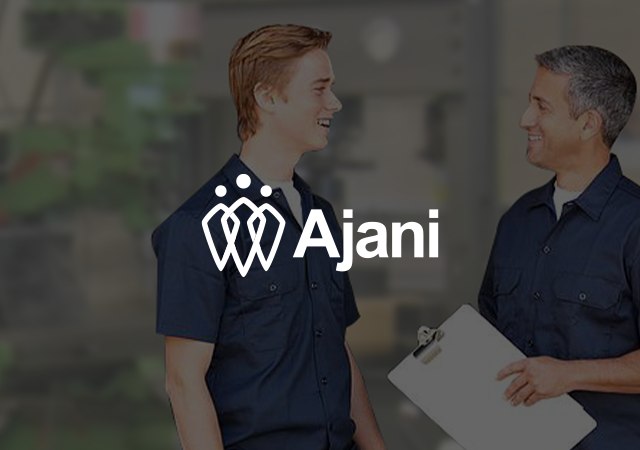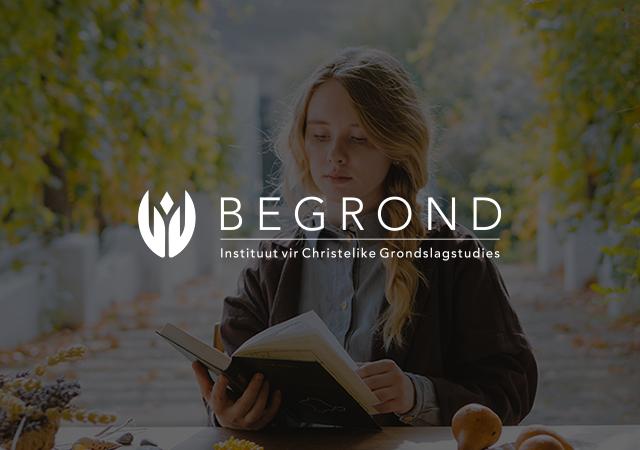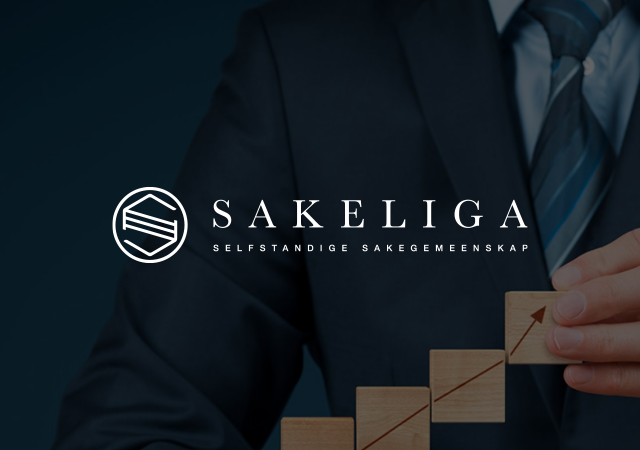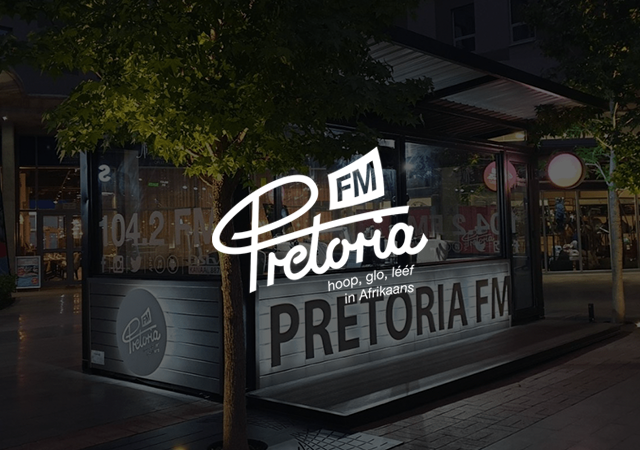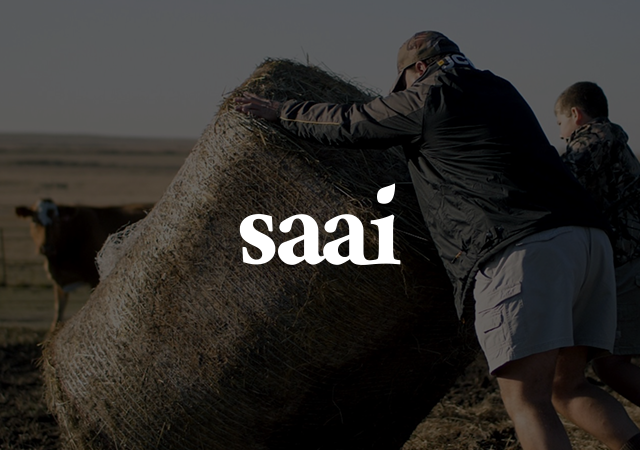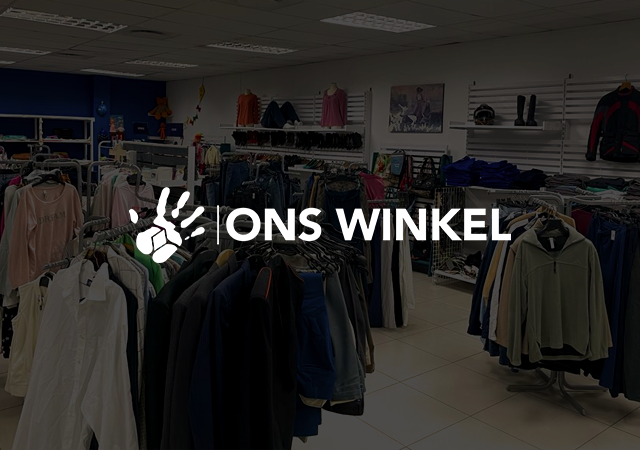Ernst van Zyl: Head of public relations
Oases of order in a desert of disorder
South Africa has become an insightful case study for especially two reasons. First, it is a prime example of prolonged, consistent government failure and capacity deterioration. Second, it is an example of how order and stability can emerge out of this chaos, through communities who organise themselves. In his article The disintegration of the South African order, Prof. Koos Malan writes that the future of South Africa is a “desert of disorder” containing “oases of order”.
Almost every government service (except tax collection) is in a state of decay – and has been for decades. Examples include rolling blackouts due to an ineffective, failing government monopoly, the South African Police Service dropping millions of calls for help over three years, rampant corruption, and an ever-increasing unemployment rate of more than 35%. Furthermore, more than 50% of the population is dependent on some form of government welfare grant, and infrastructure in every sector is deteriorating, from water and electricity to sewerage and roads. I discuss these matter in more detail in my 2023 article for The American Conservative.
Building a future from the ground up
One of the cultural communities at the forefront of creating “oases of order” in this context of de-development are the Afrikaners. Through community-based organisations such as AfriForum we are pioneering a new model, which requires a major shift in thinking about solution-building. AfriForum is developing an answer to the question: How should communities react in the face of continued government capacity decay, a growing list of racially discriminatory policies and laws that target you, and a political environment in which you are the target of demonisation and violent rhetoric by high profile politicians? Additionally, AfriForum is confronting the following question: How do you build a future as one of the first people with a fundamentally Western heritage living as a minority in one of the world’s post-Western countries?
AfriForum’s answer, built on a foundation of Christian values and an Afrikaner cultural identity, is the pursuit of becoming state-proof at every level by embracing a do-it-ourselves philosophy that prioritises autonomy and pragmatism. Kallie Kriel, CEO of AfriForum, describes this approach as follows: “To ensure a bright, free future for our children, our communities must get organised. We must ensure a devolution of power through taking up as many responsibilities as possible on grassroots level. We will get the future we build.” In 2023 AfriForum released a documentary with English subtitles unpacking its philosophy and model.
AfriForum’s model
AfriForum forms part of the Solidarity Movement, which comprises over 50 institutions and organisations, all working together towards ensuring that Afrikaners have a future in Southern Africa where we can be free, safe and prosperous.
AfriForum is the largest civil rights organisation in the Southern Hemisphere and unites more than 315 000 members behind a common cause. AfriForum has established more than 175 neighbourhood and farm watches, has developed emergency support services and even has a private firefighting unit. AfriForum’s more than 170 branches across the country do everything from cleaning up neighbourhoods and rivers, planting community vegetable gardens and trees, to painting street signs and repairing thousands of potholes. AfriForum has also established AfriForumTV, its own streaming service, film and documentary production company, and has its own arts theatre. AfriForum also manages a number of intercommunity and intercultural cooperation projects.
This all is made possible not through state funding or the goodwill of billionaires, but by thousands of everyday people who donate monthly. If you consider that there is usually only one AfriForum member per household, the 315 000 number can be considered as 315 000 families.
Conclusion
AfriForum and the wider Solidarity Movement have declared that we are building to stay and staying to build. AfriForum does not seek to isolate communities, but rather to help create resilient, healthy communities that cooperate with other communities on the basis of mutual recognition and respect. In the field of community-based, decentralised and state-proof solutions, AfriForum has pioneered the way, and we have only begun. The more members AfriForum gains, the more we can do. Become a member today.
